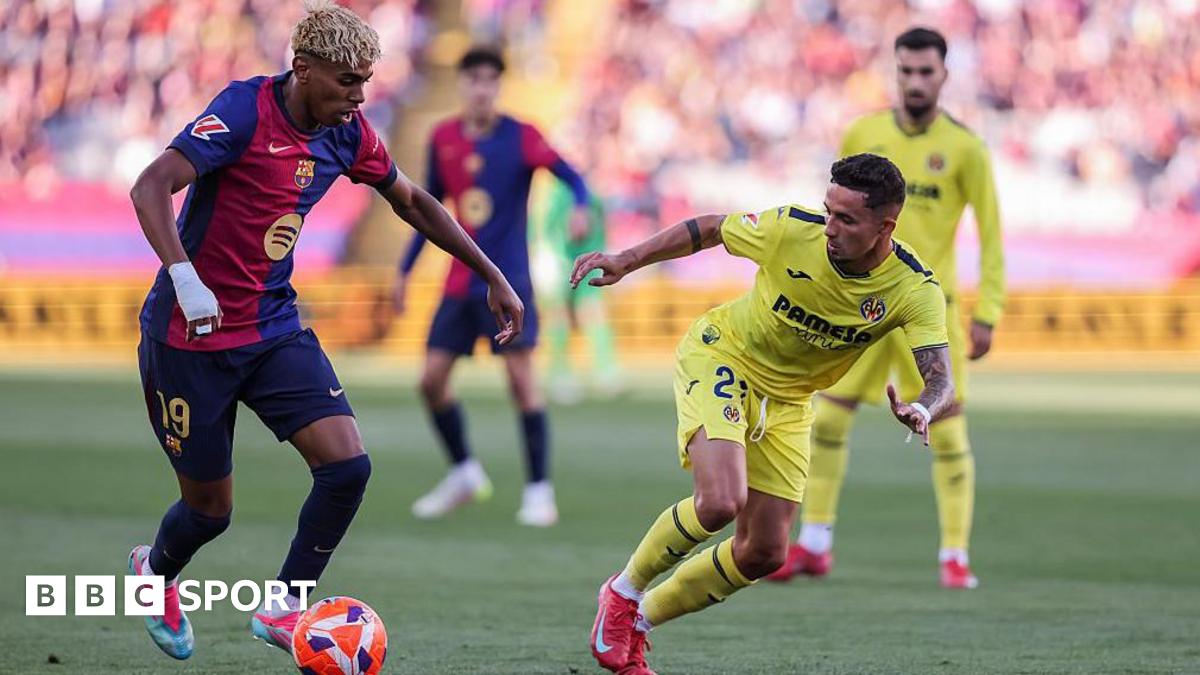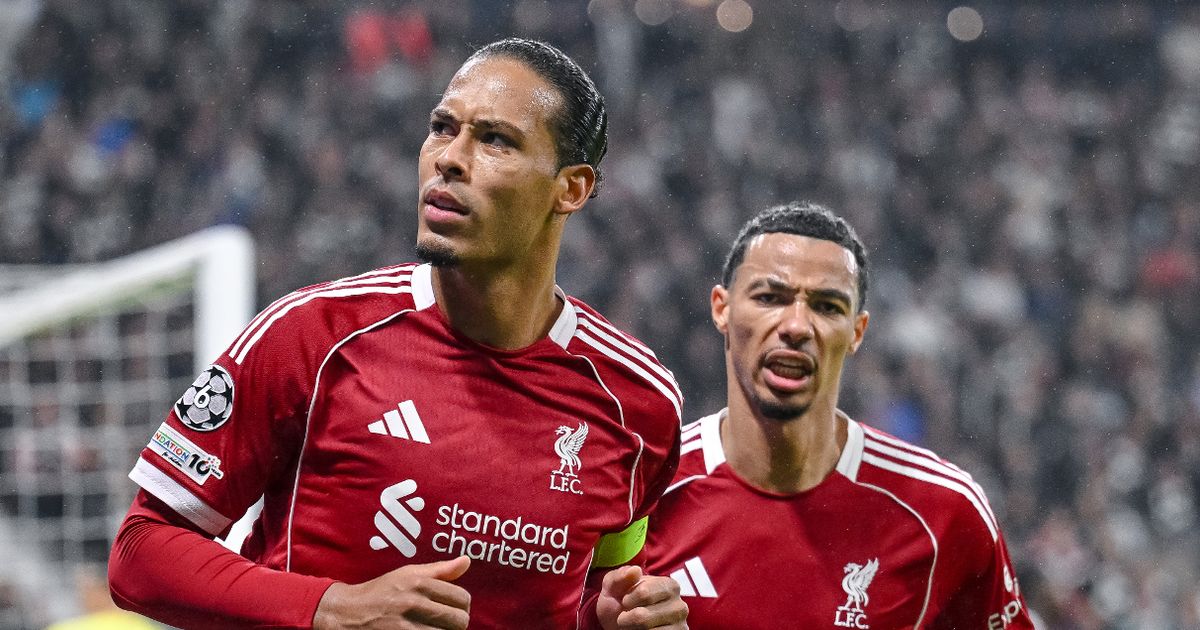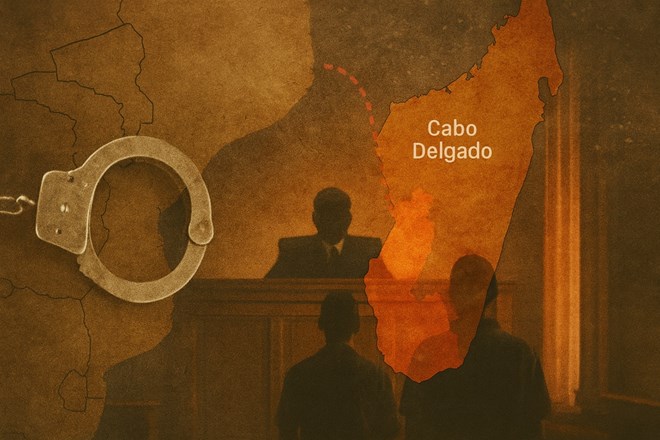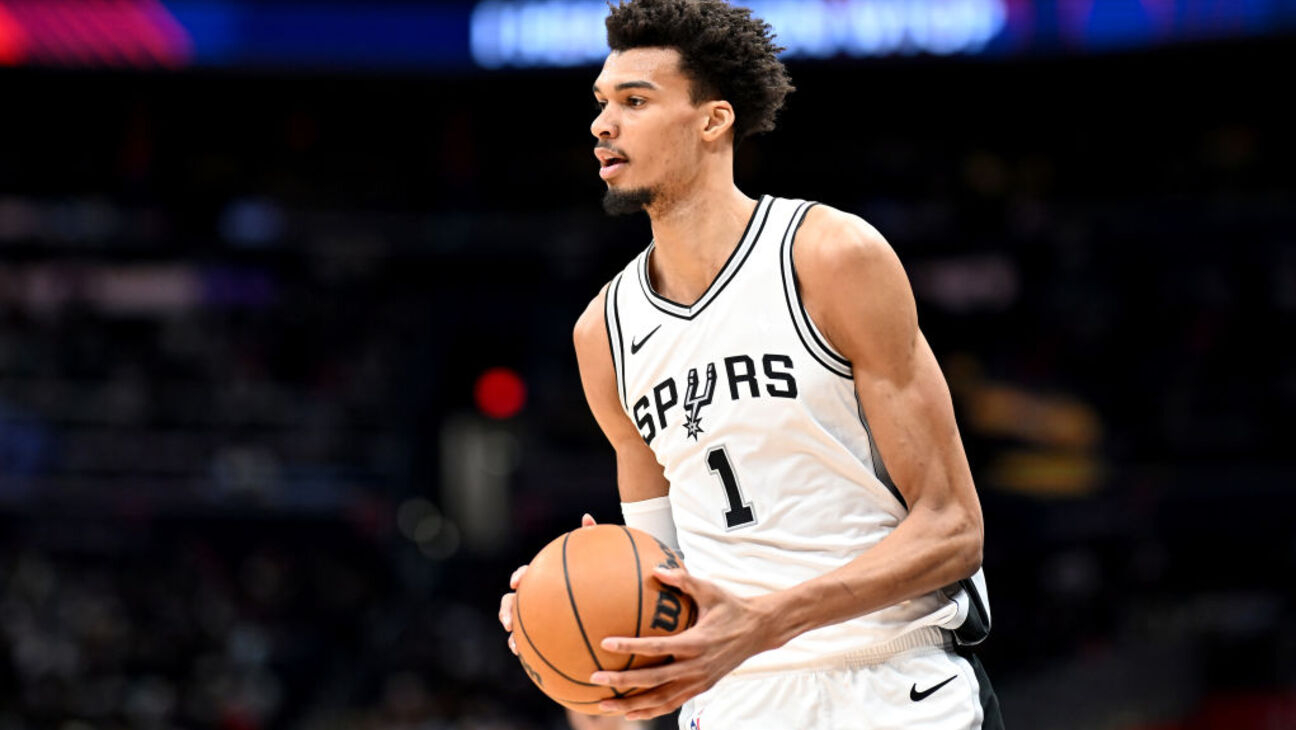Copyright bbc

When La Liga announced plans to stage a league fixture between Villarreal and Barcelona in Miami, it presented the idea as a bold step forward - one that would elevate the visibility of Spanish football, enhance the profile of its players, and strengthen the sport's brand in a key international market. The project, fully compliant with federation regulations and competition integrity, was envisioned as a new frontier for a game seeking global relevance. But the controversy that followed showed just how far Spanish football still is from speaking with one voice. The way the cancellation was handled has left deep marks. Villarreal felt blind-sided, saying the timing damaged their image and that of the competition. "We found out 10 minutes before kick-off [in Tuesday's home Champions League game against Manchester City]," one senior figure said. Among the most vocal critics were the players themselves - arguing not against the concept, but against the process. They had been asking for months how logistics would work: Would there be 72 hours of rest between fixtures, as agreed? Would insurance cover them abroad? What is the payment distribution? When answers never came, teams staged symbolic protests. Their message was simple: Listen to us. Across Spain, opposition built quickly. Many clubs voiced doubts, the media questioned the transparency and logic of the project, and details about how - or whether - clubs would be compensated remained unclear. Villarreal even stated publicly that they weren't receiving any money from the deal, while Barcelona insisted they were being paid from the moment they boarded the plane to Miami. Meanwhile, Real Madrid intensified their opposition, filing a second complaint with Spain's national sports council (CSD) to block the Miami match. The club argued that playing a league game abroad would "violate competitive fairness". A new debate has started. It is one thing to alter the competition, another to adulterate or corrupt it - La Liga accepts the first suggestion, but not the second. Amid this legal and institutional tug-of-war, the Spanish federation offered its support, while the government trod cautiously through the regulatory maze, waiting to see how events unfolded. For La Liga, Villarreal and Barca, the refusal to move forward represents more than just one cancelled match: it's a setback in the effort to build new revenue streams and maintain international competitiveness. The league insisted the project aimed to generate long-term value for all stakeholders - clubs, players, and fans - by opening new commercial and sporting avenues abroad. It emphasised that international expansion remains vital to ensure Spanish football's global relevance. The Miami experiment has shown that Spanish football, for all its talent and ambition, is not yet ready to make that leap - into a future that feels irresistible for some, and unstoppable for many.



